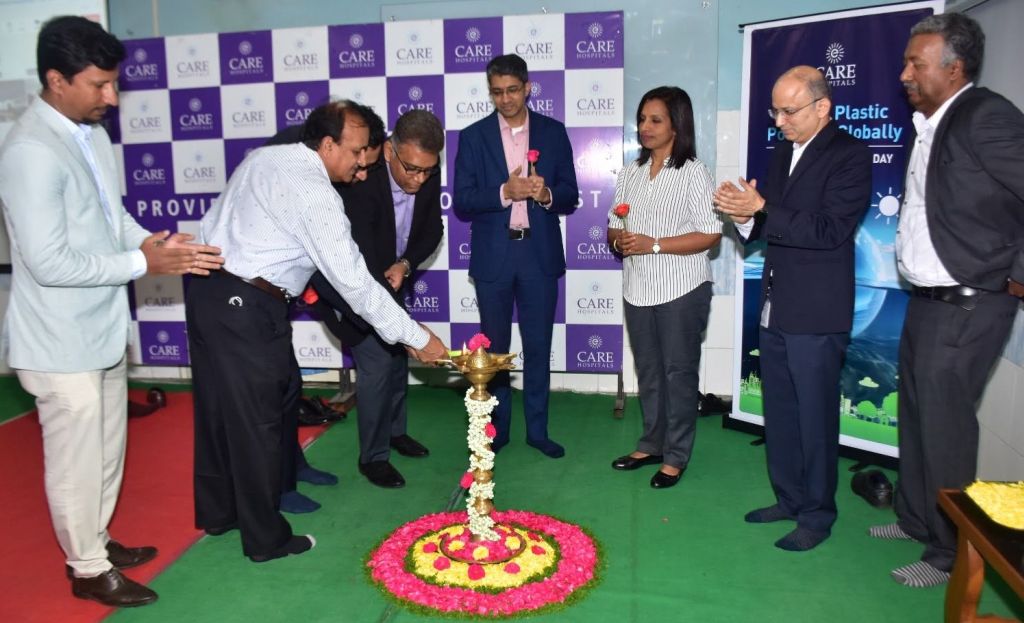CSIR to Partner with Government of Telangana and Recyclers to Advance Sustainable Recycling and Skill Development
In recent years, the Indian government has increasingly acknowledged the importance of transitioning from a linear economy—which typically emphasizes take, make, and dispose—to a circular economy that promotes the reuse, recycling, and sustainable management of resources. The MoEFCC’s initiatives are designed to foster collaboration among various stakeholders, including government bodies, industries, and non-governmental organizations, to promote the innovative use of materials and reduce waste.
Key agreements facilitated by the MoEFCC involve partnerships aimed at improving waste segregation, enhancing recycling capacities, and promoting the responsible disposal of hazardous waste. These agreements not only set ambitious targets for waste reduction but also establish frameworks for technological innovation and investment in waste management infrastructure. For instance, initiatives targeting plastic waste management have gained momentum, encouraging industries to adopt alternative materials and implement comprehensive waste collection systems.
Furthermore, the MoEFCC has championed the importance of public awareness and community involvement in waste management efforts. By engaging local communities and providing education on sustainable practices, the ministry aims to cultivate a culture of environmental responsibility and cooperation among citizens.
In conclusion, through its facilitation of landmark agreements, the MoEFCC is playing a pivotal role in advancing circular economy principles and improving waste management in India. These efforts are essential not only for mitigating the environmental impacts of waste but also for fostering a sustainable future that prioritizes the efficient use of resources and promotes ecological balance. As such, the ministry’s commitment to these initiatives signifies a transformative step towards achieving a more sustainable and resilient economy.




